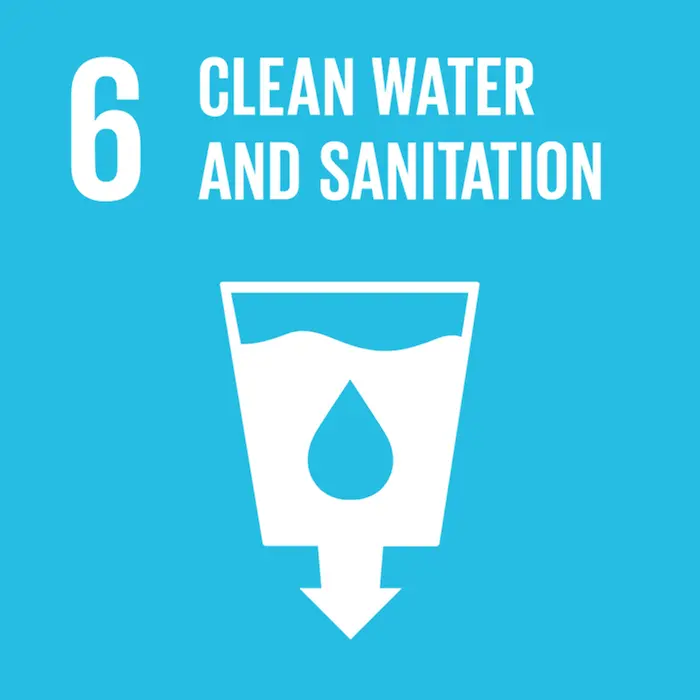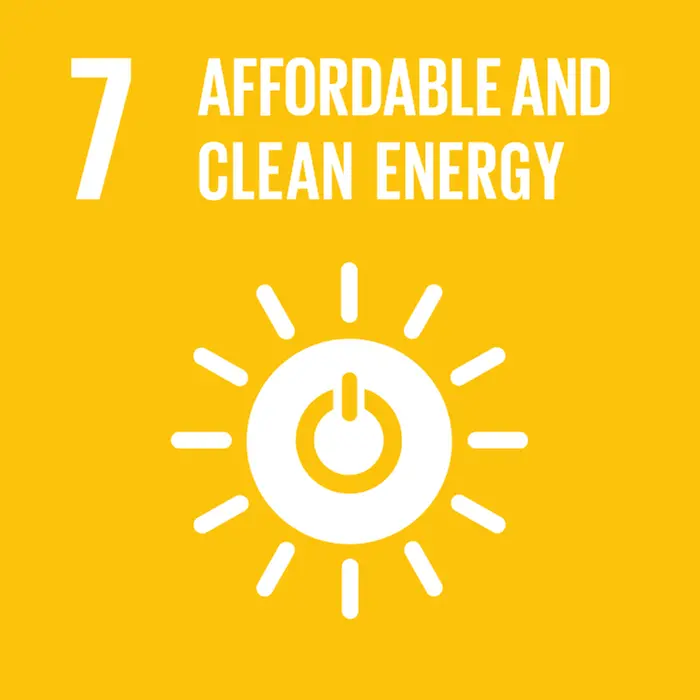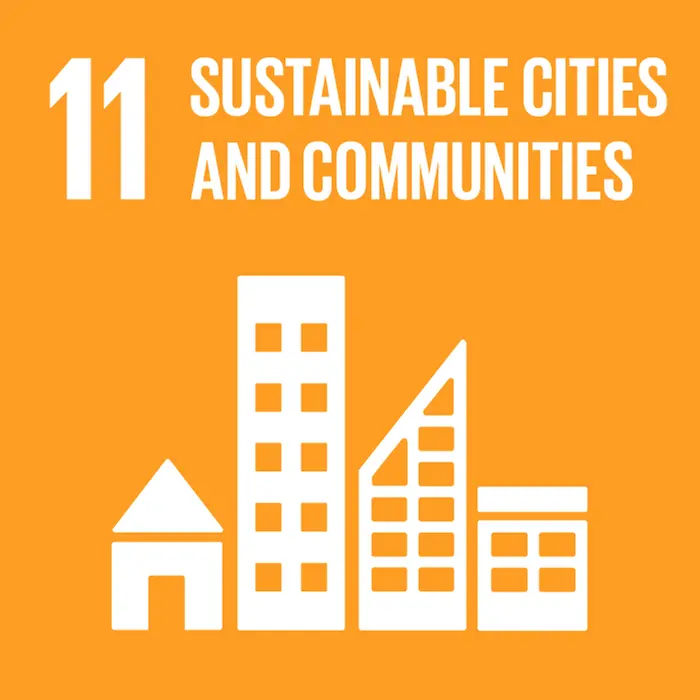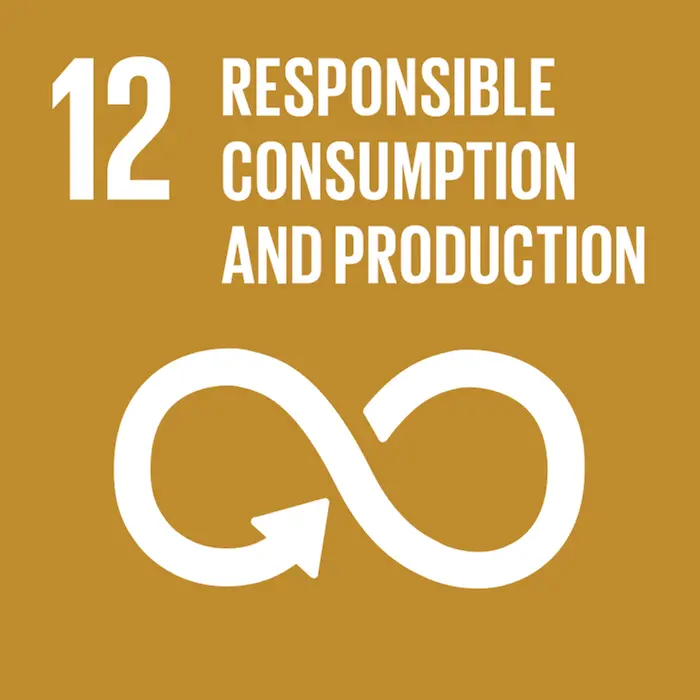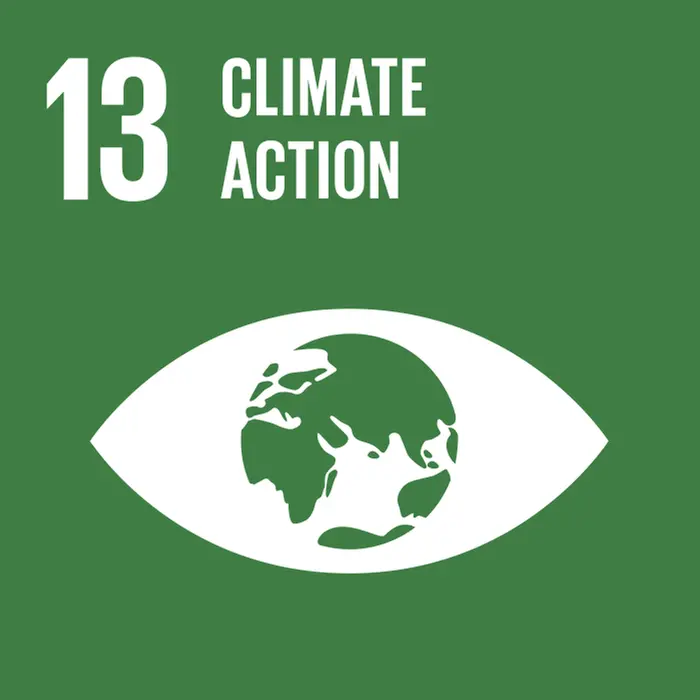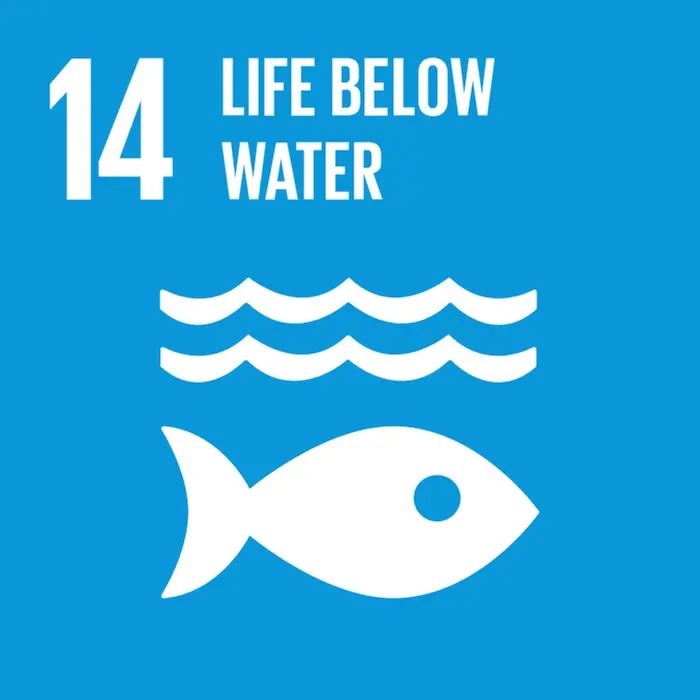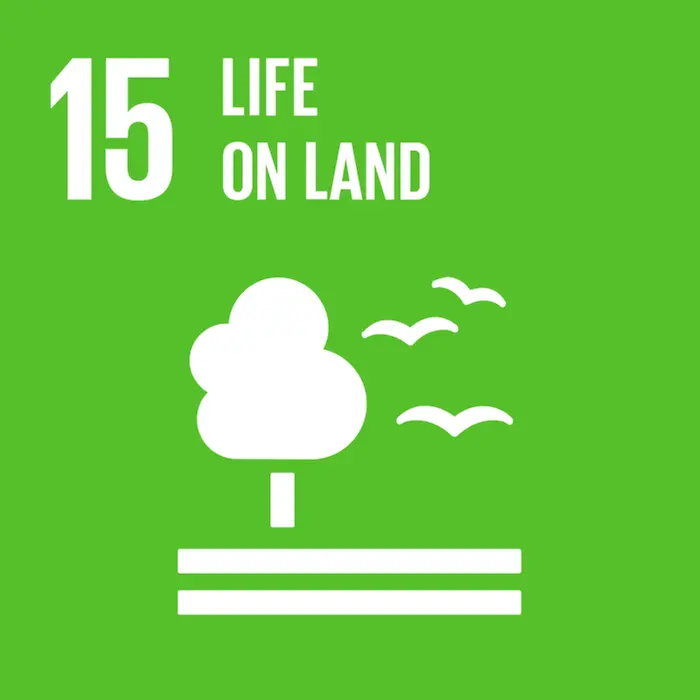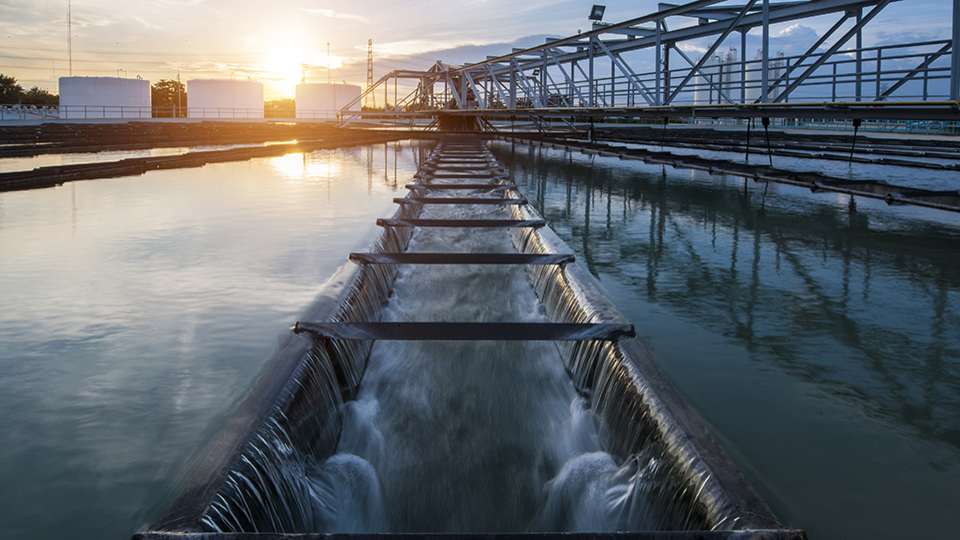
The sustainable sewage treatment plant of tomorrow
Access to clean water is a prerequisite for human health. In order to manage our resources and create sustainable working conditions, we must streamline the use of resources, recycle and clean water resources, and achieve circular management in the water sector. IVL helps to develop processes, tools and working procedures for the sustainable water management of the future in accordance with Agenda 2030 and the UN sustainable development goals.
Water challenges today
The water sector is a major user of energy and the sector faces many challenges with greenhouse gas emissions, unused treated water, polluted effluents and sludge.
Water challenges tomorrow
To create a sustainable water sector, we must focus on turning waste into a resource, improving treatment, purification and reuse, and utilizing nutrients.
Resource-efficient treatment of sewage contributes to the global goals
The purpose of the work is to develop resource-efficient solutions for municipal sewage treatment plants and recycle the resources that society needs, as well as remove the pollutants and emissions that harm the environment. All to achieve a circular handling in Sweden's largest (to the extent and societal benefit) process industry.
Implementation of new solutions in the water sector
The work is done in close collaboration with academia and basic research and through:
- Bench and pilot tests in our R&D facility Hammarby Sjöstadverket.
- Pilot and full-scale tests at municipal sewage treatment plants.
- Systematic follow-up and evaluation of resource consumption, environmental impact and societal benefits.
- Full-scale implementation and long-term evaluation.
- Collaboration with problem owners.
- Charting of problems and needs.
- R&D capacity in theory and practice.
- Develop new knowledge.
Environmental benefit with the project
Expected environmental benefits of the project and contributions to the global goals are:
- Several full-scale installations for advanced treatment at Swedish treatment plants (no discharges of e.g. drug residues, PFAS, microplastics and reuse of water).
- Circular water use is now an "ordinary" approach.
- Better treatment of wastewater at the same or lower cost and environmental impact (less chemicals and energy consumption).
- Reduced GHG emissions from 10% NIN to <0.2% NIN (potential of at least 50 Mton CO2eq, 30 years).
- "Sludge-free" treatment plants or the creation of high-quality bio-products (e.g. HTC, VFA).
- Education from several knowledgeable water and sewerage experts (e.g. Swedish Environmental Protection Agency, treatment plant, etc.).
The result targets the group of treatment plants, municipalities, authorities, industry, the general public and academia.


